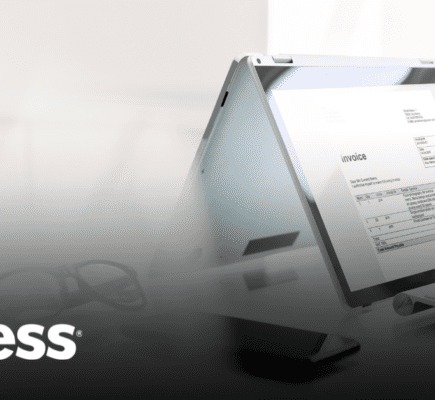
Information governance (IG) is a business information management discipline that is constantly evolving. From increasing regulations to the rapid output of information, businesses are creating more content while trying to comply with stricter rules surrounding data and privacy. As sanctions against those who fail to take proper precautions become more severe, it is imperative that businesses understand the important role that an IG program plays in relation to long-term growth and success.
An organization that fails to comply with regulations can face:
- hefty fines
- litigation
- increased risk of a data breach
Business leaders need to understand what an ideal information governance program entails, why it is important, and how to build their organization’s IG program for the future. Here are some things to keep in mind.
What is Information Governance?
Information Governance Initiative defines information governance as “the activities and technologies that organizations employ to maximize the value of their information while minimizing associated risks and costs.” Simply put, it is business information management for an organization.
This includes all physical and digital files such as employee documents, accounts payable records, websites, client data, emails, social media posts, and more. IG covers the various policies, procedures, structures, and processes that organizations must comply with when creating, managing, and sharing information.
Why is the IG Process Important?
With 2.5 quintillion bytes of data created each day and 90% of the world’s information created in the last two years, regularly monitoring and evaluating your organization’s data is essential. The IG process works by addressing all types of information created by the company. This IG process will not only protect it from being breached but will also improve efficiency and productivity.
As regulations in data privacy continually change for IG and eDiscovery, the struggle to stay compliant grows larger. A holistic IG program will help your organization manage massive content growth over multiple repositories, while also complying with increased enforcement of laws and regulations. Waiting for an audit or data breach to occur before taking action can be costly in terms of time, money, and information. Focusing on current efforts to build a trustworthy information governance framework will protect your organization from internal or external security risks.
How to Build a Future IG Program
The future of technology is all about accountability and preparing your company for potential security risks, such as natural disasters, loss of data in a merger or acquisition, audits, and other litigation. Though many organizations believe adapting to change as it comes is enough, this is not the case with IG.
Follow these steps to build your future IG program.
- Conduct a records management audit. As technology continues to evolve at an exponential rate and the creation of data follows suit, planning ahead with the right strategy is key. But developing the right strategy for the future often requires taking a hard look at current processes. A records management audit will help your company identify the types of information handled and identify the proper policies and procedures necessary for compliance and record retention. If you’re unsure how to begin an audit, bringing on a consultant to assist with a gap analysis and advice on new regulations may be beneficial.
- Convert paper files into digital files. As we move toward a paperless world, the need for safe and compliant document management is a must. Converting your paper files into digital files can help you keep track of and find information more efficiently. Digital files are also important backups in the event of accidents or natural disasters such as fires or floods.
- Establish an IG Board. If your company does not already have a board to handle information governance decisions, it’s a good idea to create one. The industry standards recommend your IG Board be comprised of executives, who establish the company’s overall IG policy, and subject matter experts, who have the resources and knowledge for managing daily operations. These two sides of the board will work together to ensure efficiencies and best practices.
- Update organizational procedures and processes. Regularly maintaining and updating your organizational procedures and processes will ensure your business is keeping up to date with local, state, and federal guidelines. Reviewing and adjusting these internal policies on a quarterly basis will keep your business compliant.
- Centralize your document management processes. As changes and regulations continue to shape future IG, having a safe and secure document management system is more important than ever. Investing in document management software and systems will create efficiencies, save you time, and keep you compliant with the changing times.
- Develop protocols for keeping different departments informed. As you create procedures and policies, or as you make changes to your IG processes, it’s essential that your business has protocols in place for keeping departments across your organization informed. Legal, Records and IT departments often work in silos and may be unaware of shared initiatives and agendas. Rolling out specific action plans for informing different departments will streamline communications and keep everyone on the same page.
- Provide ongoing employee training. Your IG policy only works if business leaders and employees comply with it. As technology continues to evolve and policies and procedures change, it’s essential that employees are trained appropriately on how to store, manage and destroy records. Set up regular employee training sessions and processes for disseminating procedural changes to the entire organization so everyone stays informed.
Partner with Access to Create a Successful Information Governance Program
Building a successful Information Governance program does not happen overnight. It can take time and dedication. At Access, we are not just a records storage provider, but rather a partner to help you manage your information and process it from the moment a document is created through its entire lifecycle. We are happy to consult with your team about IG best practices.
Jen Farnham is an industry leader in information governance and data compliance with over 13 years of experience in client success account management for some of the largest companies and government agencies in California.




